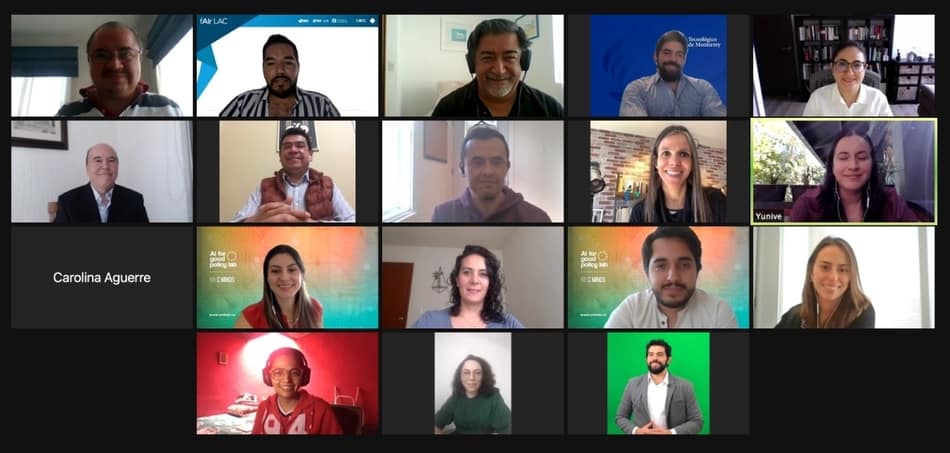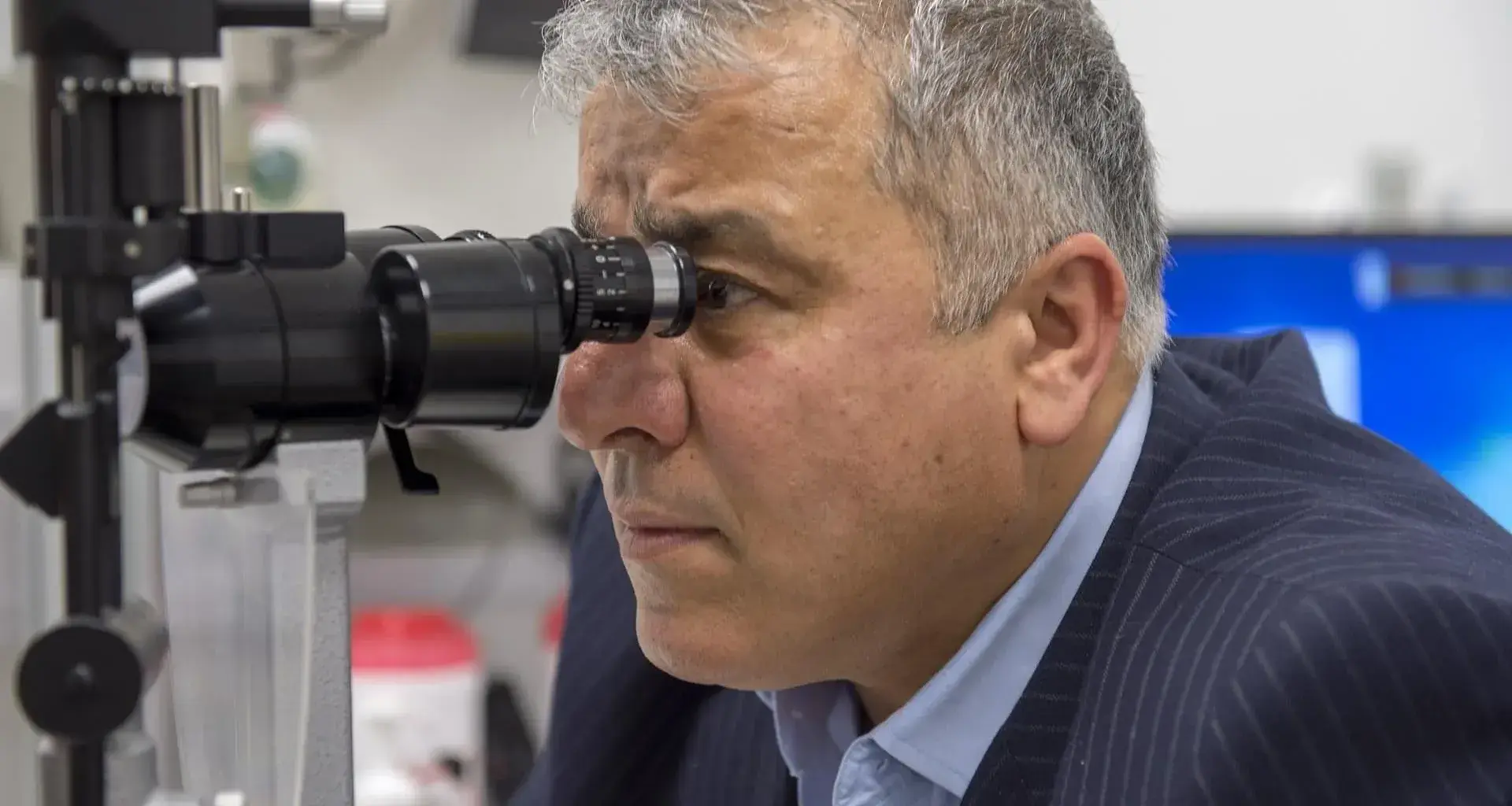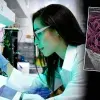The Tec’s system for early detection of Diabetic Retinopathy assisted by Artificial Intelligence (DRAI) was included in the 30 projects with potential to contribute to the Global Partnership on Artificial Intelligence (GPAI).
“Inclusion within the GPAI is recognition that what we do is on the right track and of world-class quality,” said Enrique Cortés, director of the AI Hub at Tec de Monterrey.
DRAI uses Artificial Intelligence (AI) to screen and detect retinopathy, without the need for an expert ophthalmologist to perform the diagnosis in person.
GPAI is an initiative that aims to be a global leader in specific AI solutions, by promoting trust and adoption of this technology.

Diabetic retinopathy problems
Diabetic retinopathy is damage caused by the disease to small blood vessels in the retina’s light-sensitive tissue. It is one of the most common causes of blindness.
DRAI tackles 3 diabetic retinopathy problems in Mexico:
1. High rates of diabetes
In 2016, WHO reported that the prevalence of this disease in Mexico was around 10.4%.
2. The lack of ophthalmologists
There is an average of 42.5 ophthalmologists per 1 million people (OPM), in contrast to other countries such as Spain, which has 105.5 OPM, or Argentina with 103.6 OPM.
3. Few early detection programs
Primary health care services lack these programs.
The system, developed by Tec professors and students, performs early detection using convolutional neural networks, based on clinical data from Mexico.
It is designed to be implemented in those areas of Jalisco that do not have specialist doctors, which makes early detection and the corresponding start of treatment difficult.
“It’s never going to replace a doctor; it will only diagnose patients earlier than before so that they can be sent to a specialized facility with an early diagnosis.
“When people go to hospital with a disease in its early stages, they can be treated better and the result is that fewer people will go blind,” said Cortés.

DRAI was developed thanks to fAIr LAC Jalisco, an initiative led by Tec de Monterrey in Guadalajara, the Inter-American Development Bank (IADB), the Jalisco Government, and the company C Minds.
The objective is to implement the project in several health centers run by the Jalisco Ministry of Health, because diabetes mellitus and its effects are significant challenges for Mexico and Latin America.
The initiative aims to boost the state’s AI development ecosystem in order to promote its adoption and ethical and responsible use through academia, civil society, and the public and private sectors.
4 professors and 6 students from the Schools of Medicine and Health Sciences (EMCS), Engineering and Sciences (EIC), and Humanities and Education (EHE) are participating on behalf of the Tec via an ethics committee that is evaluating the project.
In addition, it is being assessed by Peter Scanlon, the doctor from the University of Oxford who is in charge of the diabetic retinopathy program at the NHS (the UK health system).
“We’re working with him to ensure that this is the most modern process there is and that we’re doing it efficiently. However, the Tec is leading this project.
“We’ve actually included these advisers in the project, as well as the College of Ophthalmologists who are giving us precise scientific guidance, because it’s a very serious effort,” said the director of the AI Hub.
Cortés explained that the goal of this project is to for it to be used in 3 clinics and to begin sending patients straight to treatment in hospitals or clinics.
READ MORE NEWS AT CONECTA





